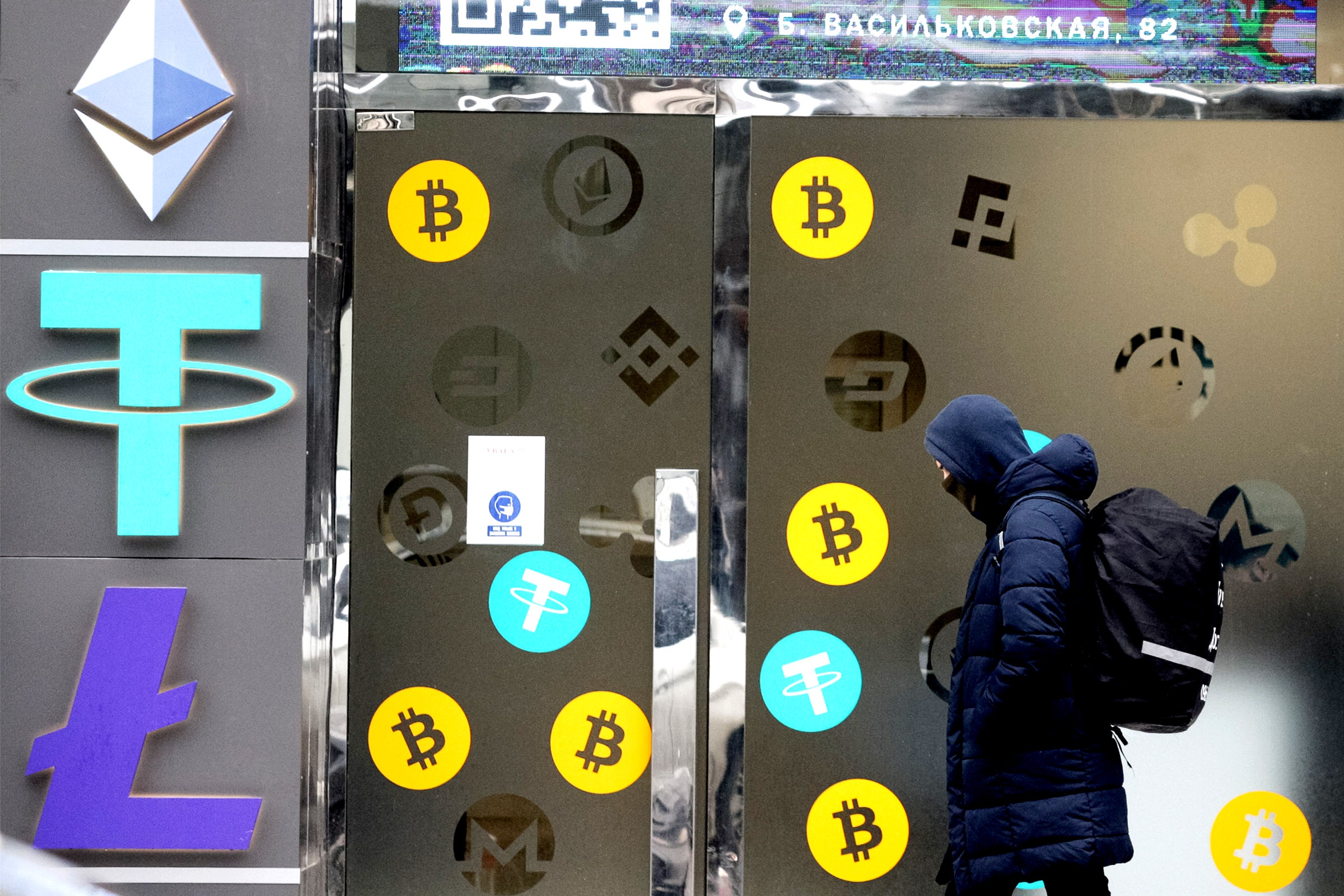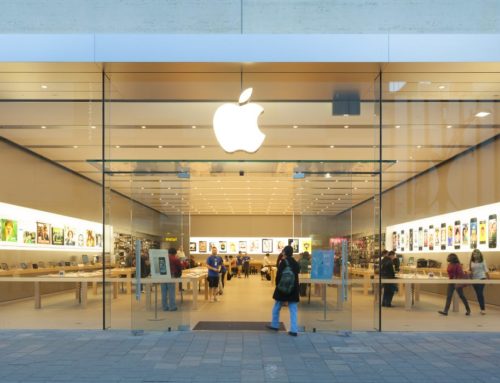
“I can do only two things in my life—crypto and aviation,” he says. He chose the former, determining that the best way to serve his country was to supply it with funds via digital currencies. Not long after the invasion, he set up a DAO. That’s a decentralized autonomous organization, an entity whose trustworthiness can be verified by the reliable blockchain ledger. Vasylchuk partnered with the Ministry of Digital Transformation of Ukraine and a currency exchange called FTX to set up a system for the government to accept crypto currency directly from donors. So far the fund has taken in more than $65 million, which has been distributed between the country’s defense efforts and humanitarian aid. The effort is one of several using blockchain-based technologies to help Ukraine and its people during these nightmare weeks. Some have even dubbed this conflict the Crypto War.
It’s unlikely that those who have lost homes or loved ones would agree that crypto is the headline here. But the chaos of war often gives rise to alternative economies; in this case it’s not so much a black market (such as the one that helped rebuild the Japanese economy post–World War II), but one that rests on the unique virtues of crypto. Apparently Ukrainian president Volodymyr Zelensky recognizes this, as just this month he signed legislation that blessed key activities in the crypto sector, like currency exchanges and bank integration for crypto companies.
While the spoils of crypto are often enjoyed by privileged investors eyeing Lambos, the technology seems almost custom-made to surmount the challenges of a beleaguered Ukraine. “A bitcoin transaction takes 10, 20, 30 minutes versus a wire transfer that might take two or three days, and you can’t be sure of that—by then [the Russians] might have bombed a national bank,” says Illia Polosukhin, a cofounder of the blockchain company Near. Polosukhin is also one of the instigators of a DAO called Unchain, which has so far taken in $7 million for aid. In addition, these crypto funds accept donations anonymously, which is particularly advantageous for any potential givers with ties to Russia, whose leader is known to hold grudges. Finally, the idea of using crypto in this way is just plain attractive to those sitting on huge piles of bitcoin, ether, or other coins with insanely high values.
But maybe the most significant aspect of wartime crypto in Ukraine is how private currencies are nudging their way into everyday commerce. Because the banking system is shaky in Ukraine, some suppliers receiving coins aren’t interested in making the exchange from cryptocurrency into fiat. “It’s not clear what the exchange rate will be between US dollars and hryvnia [the national currency], and so having coins in crypto is beneficial,” says Polosukhin. Crypto might be particularly precious for those fleeing the country, who don’t want to travel with cash, or simply can’t get it from their bank accounts. For people remaining in the country, Polusukhn says, Unchain is working on the equivalent of a crypto ATM card, where people can buy supplies using their digital wallets.
Both Vasylchuk and Polosukhin, who is currently running his company from Lisbon, think that crypto will be essential in restoring their battered homeland. “We need to stop the war and rebuild this country,” says Polusukhn. “The crypto world will play a huge part in that—there are no banks in some places anymore!”
The cryptocurrency movement to date has been plagued by the blatant greed of many of its adherents, with looney fluctuations in value discouraging its acceptance as a legitimate alternative to traditional economic tools. Even Ethereum inventor Vitalik Buterin is troubled by this. “The peril is you have these $3 million monkeys, and it becomes a different kind of gambling,” he told Time magazine. But behind the devastation of the Russian invasion, there’s evidence of how blockchain-based alternatives might justify some of the exhausting hype.
Some investors are already celebrating this: In a recent letter to shareholders, Larry Fink, the CEO of the BlackRock hedge fund, touted the war’s “potential impact on accelerating digital currencies.” Vasylchuk sees the crisis not as a turning point but an acceleration of the inevitable. “Crypto was not underground before,” he says. “We just lost the restrictions.” Before we celebrate the future, though, let’s hope for peace in Ukraine—a respite that, all too sadly, bitcoin can’t buy.
Lire l’article complet sur : www.wired.com







Leave A Comment